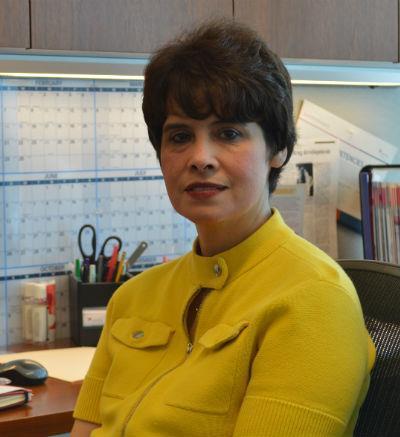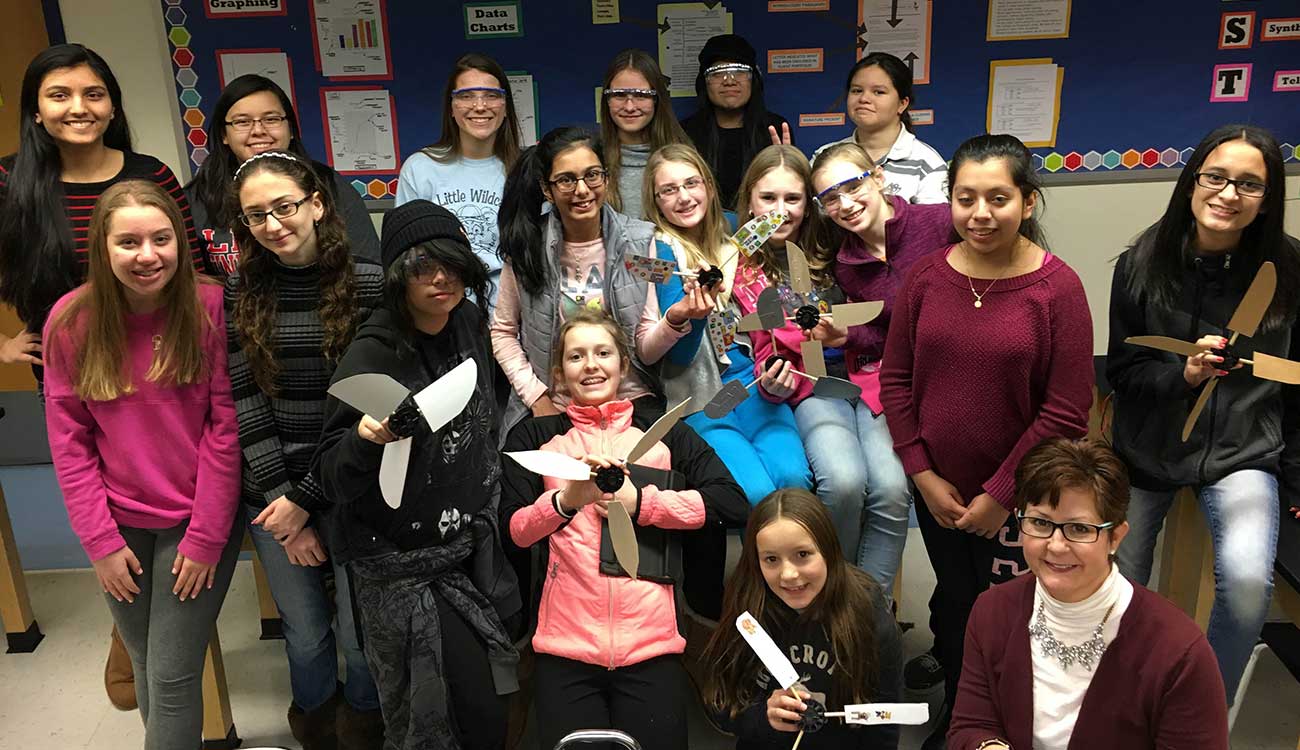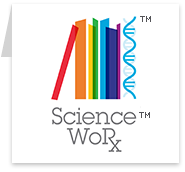From family impact to impact on society.

My approach to science research is no different than my approach to life. The most effective path isn't always the most common, so I create new ones.
Midway through my science education journey and a couple of semesters away from earning my Ph.D., my dad was diagnosed with ALS, or Lou Gehrig's disease. I was determined to find a cure for him, so I left school.
While I couldn't save my dad, this led me to help develop several medications that make people feel better and live longer, including the most widely used anesthetic in the world.
Before I went to college, I earned technical degrees in cooking and sewing. Learning those skills, I was told, would give me more value as a woman. At the time, what I didn't know is this training also eventually made me a well-rounded scientist, as it expanded my ability to experiment, explore and come up with creative solutions.
While my parents encouraged me to pursue a degree in biochemistry, there were cultural barriers in my North Central Mexico hometown.
In the early 1980s, it was difficult for women to break into any science, technology, engineering and math (STEM) fields. I, however, was one of the 15 women in my undergraduate class of 350 to do so.
After graduating, I became a board-certified registered pharmacist. Even though the universal languages of math and chemistry came more naturally to me than English, I decided to move to the United States to earn my Ph.D. in pursuit of greater career opportunities.
My professors thought I was crazy to leave school in search of an experimental clinical treatment for my dad when he fell ill. However, after earning a master's in medicinal chemistry, I took a personal path, which led me to develop drugs that have made a huge impact not only on society, but also to the lives of my friends and family members.
When my daughter was a young child going into surgery, her doctor asked if I was comfortable with him using an anesthetic gas, in view of the potential toxicity associated with this new medication. As it turned out, I had worked on this medication that had just been approved by the Food and Drug Administration (FDA). My faith in our science didn't waver and her operation was a success.
Now, more than 18 years later, my daughter is a sophomore at the University of Notre Dame, where she is majoring in chemical engineering. Roughly 30 percent of the students in her major are female.
Despite the positive momentum, women remain underrepresented in STEM fields. We must inspire girls to think big and promote access to STEM education that develops creativity, critical thinking, collaboration and investigative skills. We also need to enhance training for competent, motivated and engaging teachers. STEM education should begin earlier than middle school and prioritize underserved communities, including Latinos, African Americans and students in rural areas.
One of the ways the Astellas USA Foundation does this is by supporting organizations like the Chicago Museum of Science and Industry and programs like Science Buddies™ and the iBIO Institute's Stellar Girls™—all of which are dedicated to training the next generation of scientists. The Astellas USA Foundation provided funding to each of these programs to help inspire students to pursue careers in science-based industries.
Stellar Girls has diversified the STEM pipeline by recruiting students, grades three through eight, in high-needs schools and districts. Since 2011, nearly 75 percent of the 1000 girls that have participated are Latino, African American or mixed race, and 72 percent of participants are from low-income homes.
Just as impressive as the students they serve, is what the girls learn. Through laboratory discovery, they are exploring the effects of enzymes, dissecting fruits and vegetables, and making bioplastics. Their involvement in Stellar Girls has built students' confidence, validated their thinking, nurtured their potential and allowed them to visualize the possibility of a career in science.
I focus on doing what I can to inspire more Stellar Girls. I'm committed to making it easier for the next generation, so they can cook using molecular gastronomy techniques, sew textiles they've created, build robots, design gravity-defying buildings and develop life-saving drugs.
Leticia Delgado-Herrera is executive director, global development project leader with Development, at Astellas Pharma Global Development Inc.
Science Buddies is a trademark of Science Buddies.
Stellar Girls is a trademark of iBIO Institute.

